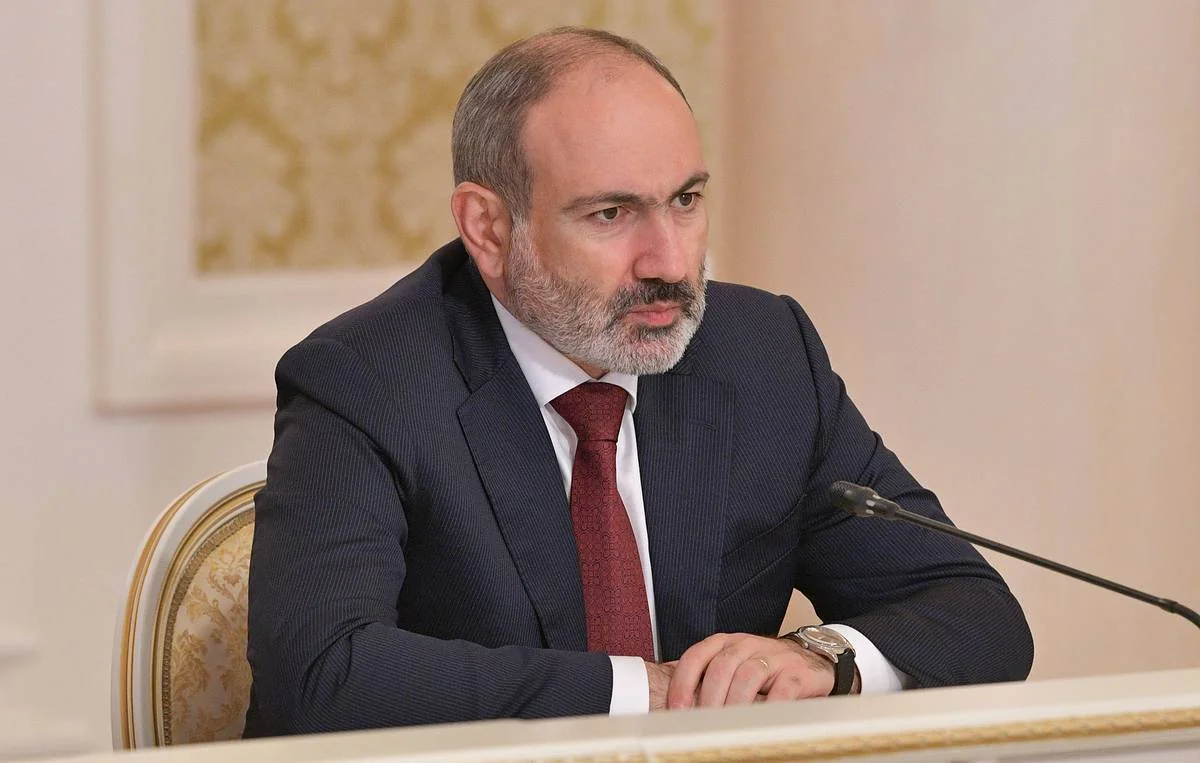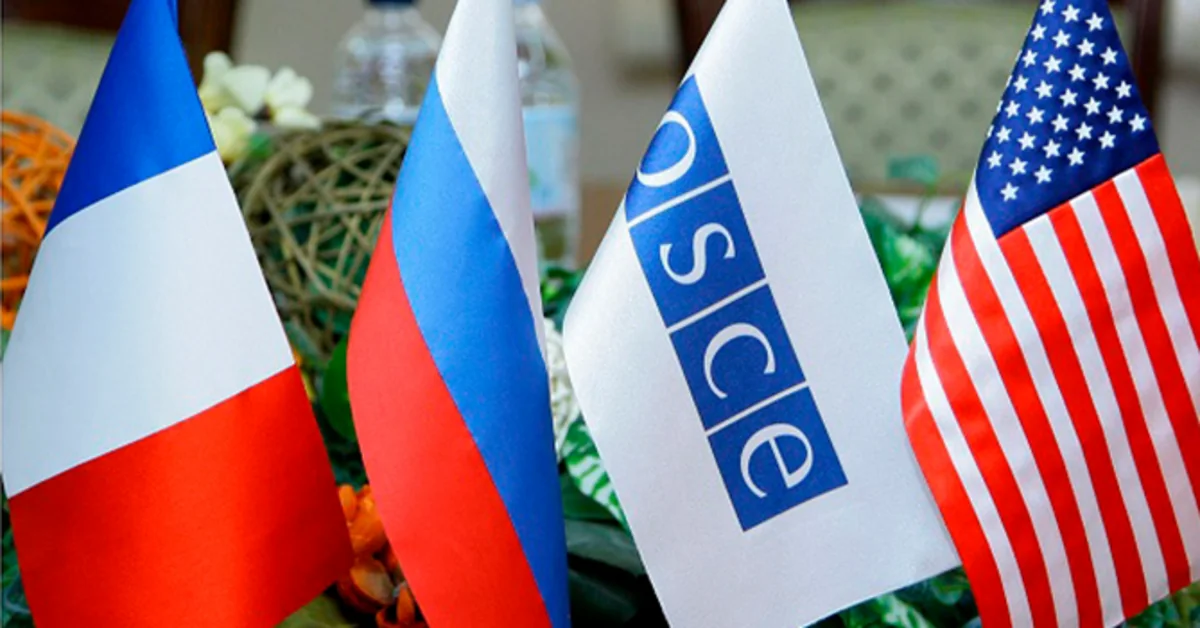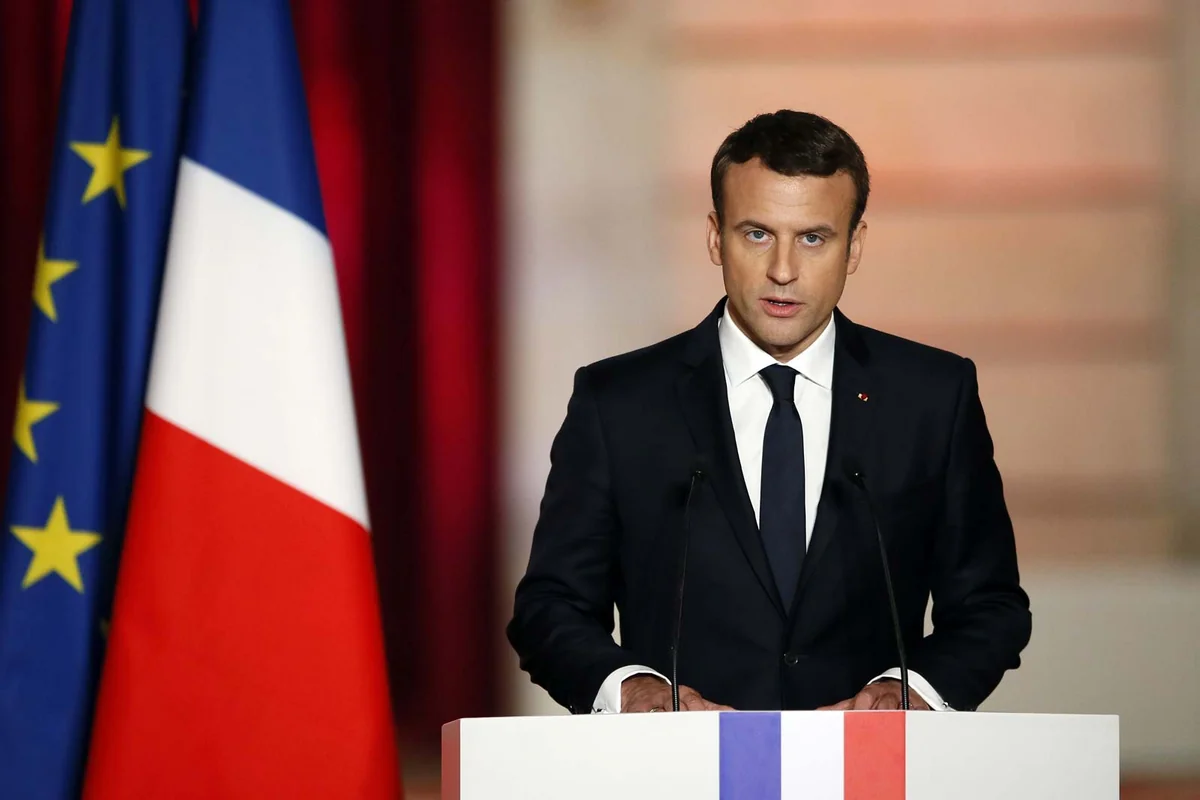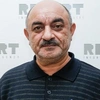France's love for Armenia: Can the leopard change its spots? - COMMENTARY
- 02 June, 2021
- 12:08

Acting Prime Minister of Armenia Nikol Pashinyan paid a visit to France on June 1. He held several meetings during the trip. According to Armenian media, the Armenian prime minister's visit to France is scheduled for October this year. However, as a result of Pashinyan's repeated appeals to Emmanuel Macron, it was hastened. During Nikol's meetings, French officials demonstrated an unfounded and biased position against Azerbaijan.
French President Emmanuel Macron made a ridiculous statement at the meeting, saying, "Azerbaijani troops must leave Armenia." It is no secret that after 1991, when Armenia occupied Azerbaijani lands, there was a problem in defining the borders between the two countries. After the Second Karabakh War, negotiations are underway between Azerbaijan and Armenia on the demarcation and delimitation of boundaries. From this point of view, which territory of Armenia does Macron mean?

Official Baku said that the Azerbaijani military is not in the territory of another state, including Armenia. The demarcation of the borders between the two countries is also carried out on the map of the former USSR. Apparently, like the Armenians, the French president claims the Azerbaijani lands occupied by Armenia for 30 years. Official Paris has turned a blind eye to the settlement of Armenians in the occupied Azerbaijani lands for 30 years. He provided them with material and moral support. It is known that France even "contributed" to the construction of military engineering facilities and mining in the territory of the neighboring state occupied by Armenia. Therefore, official Paris has not yet made any statement to Armenia on the provision of maps of mined areas and the return of Azerbaijanis captured in the First Karabakh War. Speaking about the border, territory, and other issues, Emmanuel Macron and others like him should know that after the occupation, the boundaries between the parties are not redistributed, and Azerbaijan's sovereign rights are restored in the territories that existed after 1920. That is why Emmanuel Macron, as one of the co-chairs of the OSCE Minsk Group, is obliged to maintain his impartiality as head of state. Because he represents a country that is considered an international mediator. However, contrary to expectations, France, as always, does not hide its bias towards Azerbaijan.

By the way, it seemed that foreign forces were behind the escalation of tensions over the border issue in Armenia. Because after November 10, official Yerevan took a more responsible approach to resolving disputes between the two countries than now. In recent months, Armenia's position has changed. According to Macron and other French politicians, official Yerevan is also being directed by France on these issues. It is no secret that the dispute between the two countries is rather mediated by Russia. According to Emmanuel Macron's statement at the meeting, it can be concluded that official Paris wants to damage Moscow's prestige in the region and is trying to increase tensions between Armenia and Azerbaijan with such a biased position.

The chairman of the lower house of the French parliament, Richard Ferrand, also spoke about the situation in the South Caucasus at a meeting with Nikol Pashinyan and did not hide his love for Armenia: "Let the Armenian people know that France is on the side of Armenia. You have always trusted us; you can trust us now and in the future."
He said that France supports the Armenians in resolving the existing problems between Azerbaijan and Armenia. Ferrand also noted that official Paris was not neutral on such issues. In his meeting with Pashinyan, French Senate President Gerard Larcher also spoke about the non-existent conflict and the release of 'Armenian prisoners'.
Thus, during the war, the occupier provided Armenia with manpower and military equipment and gave propaganda support. After November 10, French officials stressed the importance of expanding cooperation with Azerbaijan. It was thought that official Paris and French politicians and statesmen, who had lost their sense of reality, would come to their senses and give up their biased positions. But it turns out that like political and national ideology, Armenianism, love for the occupying and disruptive Armenia is also a disease. Unfortunately, the disease has also infected the French president and politicians. As the saying goes, 'Can the leopard change its spots?'
